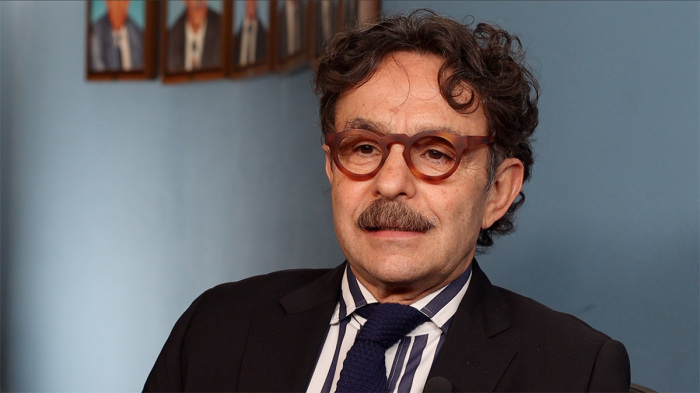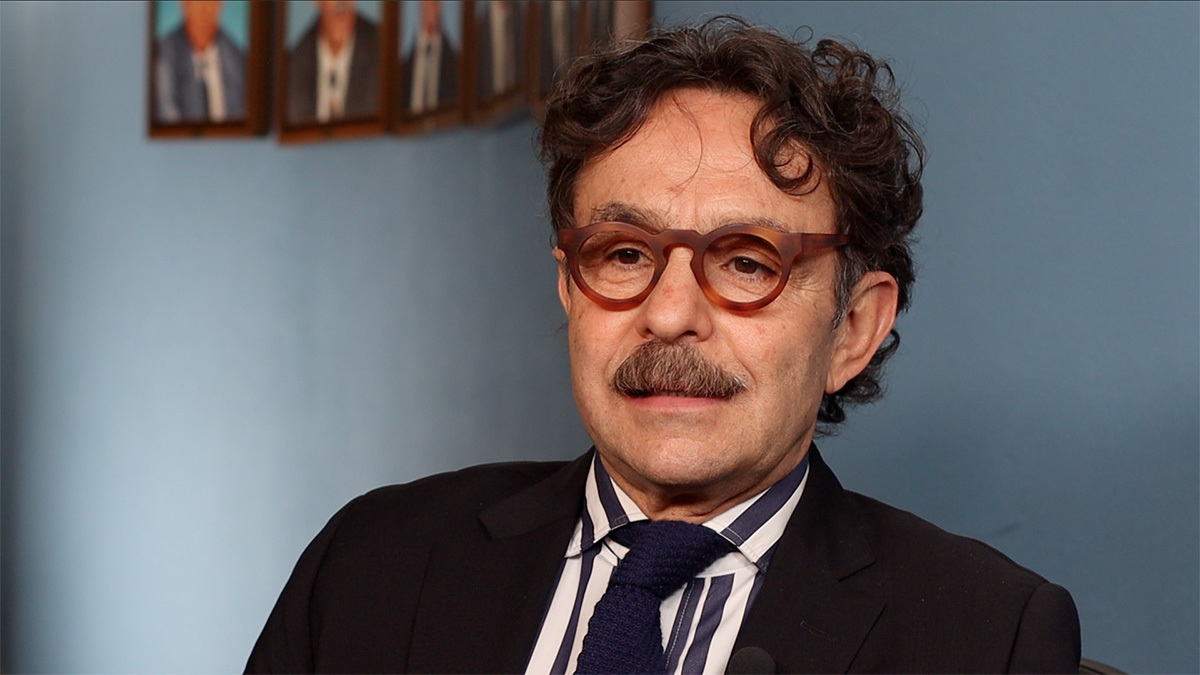
The Inter-American Commission on Human Rights will issue a ruling in the case of Gabriel Quadri, a former Mexican congressman convicted in 2022 for “gender based political violence” over social media posts in which he defended women and rebuked men posing as female to occupy seats in Congress reserved for women.
The body will now assess whether his conviction violated the American Convention on Human Rights.
Quadri, who ran as a presidential candidate in 2012 and served as a federal congressman until 2024 representing Mexico’s opposition National Action Party, faced legal consequences after expressing criticism on X about Mexico’s gender quota law, according to the legal advocacy group ADF International.
He posted that seats in the Legislature reserved for women were being taken by men who identify as women. He also questioned the participation of trans-identified individuals in women’s sports.
In March 2022, Salma Luevano — a member of Congress who identifies as a trans — filed a formal complaint accusing Quadri of gender-based political violence for his tweets. The Superior Chamber of the Federal Electoral Tribunal, Mexico’s highest electoral court, unanimously convicted Quadri on April 21 that year.
He was ordered to delete the posts, publish a public apology drafted by the court twice a day for 15 days, and complete two courses — one on gender-based violence and the other on violence against trans-identified persons. His name was also entered into a public registry of political offenders for gender-based violence.
Mexico’s 2019 parity law mandates equal representation of men and women in all government branches. In the 2021 elections, two seats reserved for women in the Chamber of Deputies were allocated to individuals who identify as women but were male. Quadri’s tweets referred to this event, which he characterized as a misuse of gender quota protections.
Quadri appealed the conviction through domestic legal avenues, but the Electoral Superior Chamber dismissed his final appeal on June 22, 2022. In December of that year, ADF International filed a petition on his behalf with the Inter-American Commission, arguing that the ruling amounted to censorship and violated his right to free expression under international law.
According to the group, the legal proceedings effectively prohibited Quadri from discussing issues related to biological sex and gender identity, topics that it says are legitimate matters of public debate. The group maintains that such judicial restrictions violate the rights of elected officials to engage in political discourse.
In 2024, the Inter-American Commission formally requested the Mexican government to respond to the petition. The government did not submit a reply. The Commission has now decided to move forward with a determination on the merits of the case.
ADF International’s legal brief contends that the enforcement measures taken against Quadri amount to unlawful prior restraint and punishment for expressing political opinions.
“It is egregiously unjust for Quadri to have suffered the ignominy of a conviction, and having his reputation damaged because of his registration as a ‘political violator,’ which could have negatively impacted his reelection bid, for simply standing up for the truth,” said Julio Pohl, ADF International’s lead lawyer for the case.
The Inter-American Commission on Human Rights is one of two regional institutions tasked with monitoring compliance with human rights standards in the Americas. The commission’s decision on the merits will determine whether Mexico’s actions in Quadri’s case violated its obligations under the American Convention.
More than two years have passed since the original petition was filed, a delay ADF International says reflects the challenge of timely access to justice in international forums.
“I am committed to safeguarding every Mexican’s fundamental right to speak freely,” Quadri was quoted as saying. “My career has been dedicated to a prosperous and free Mexico for all, which demands that our country abide by its human rights obligations. I look forward to the day when all in Mexico can share their beliefs and opinions without fear of censorship or reprimand.”
In an earlier interview with The Christian Post, Quadri said that while in the United States the First Amendment typically acts as a barrier to laws that appear to “enshrine” protection from offense as a “legal right,” damage can still occur before such laws eventually fall.
“And that’s why I think that it’s useful and necessary for everybody to be aware that this is where the cultural trends around the world are going […], and there’s no reason to think this is not going to make an attempt to become a reality in the U.S., even if the Supreme Court eventually actually does stop everything,” he told the CP.
A similar complaint has been filed by former congressman Rodrigo Iván Cortés, who was also convicted of “gender-based political violence” for posts he made on social media. His case is still pending before the Commission.
In the posts, Cortés allegedly “misgendered” Salma Luévano, a male Mexican congressional representative who identifies as a woman. Cortés had published the posts in response to a draft bill presented in Mexico’s Congress by Luévano that would categorize teaching Christian views on sexuality as “hate speech.”







